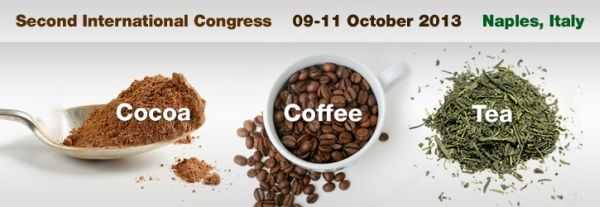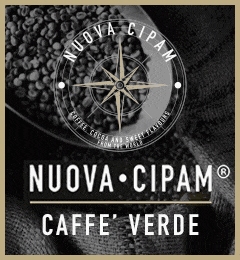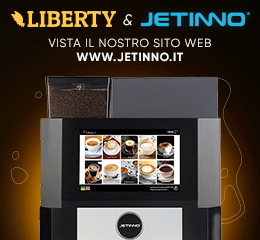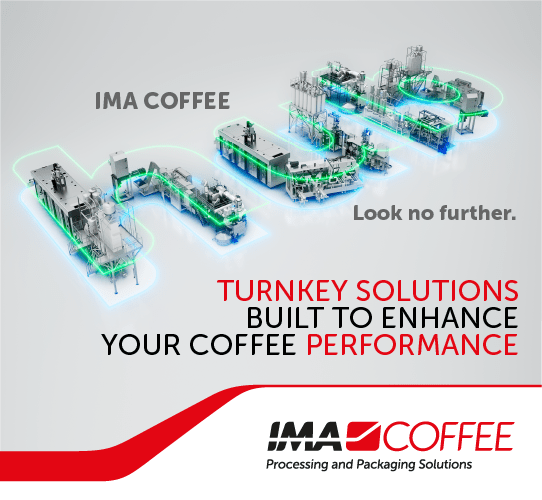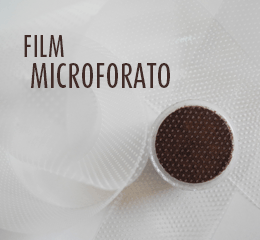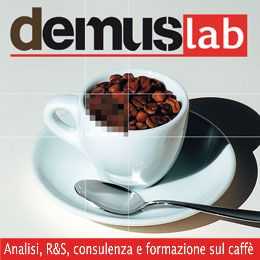Hassmann U.1, Haupt L.M.2, Smith R.A.2, Bytof G.3, Lantz I.3, Griffiths L.R.2, Marko D.1 1 Department of Food Chemistry and Toxicology, University of Vienna, Vienna, Austria. 2 Genomics Research Centre, Griffith Health Institute, School of Medical Science, Griffith University Gold Coast, Australia, 3Tchibo GmbH, Hamburg, Germany
Phase II enzymes play a critical role in converting reactive electrophiles or xenobiotics into less toxic products and seem to be crucial for cancer prevention. The expression of many phase II genes is regulated via the activation of antioxidant response elements (ARE).
Activation by ROS or upstream protein kinases induces translocation of the transcription factor Nrf2 (Nuclear factor-erythroid 2 p45 subunit (NF-E2)-related factor 2) from the cytoplasm into the nucleus, binding to ARE and subsequent transcription of phase II enzymes.
During a human intervention trial, we recently identified the typical dark roast coffee constituent N-methylpyridinium (NMP) as well as the green bean constituent n- chlorogenic acid (CGA), as potent activators of the Nrf2/ARE pathway (1, 2).
Genetic variation in specific antioxidative genes, are implicated to determine their subsequent ability to be activated by bioactive food compounds. To date, 9 single nucleotide polymorphisms (SNPs) have been identified in the Nrf2 gene. Of specific relevance are the -617C/A and -651G/A SNPs, located within the promoter region.
Both these SNPs have been shown to reduce Nrf2 transcriptional activity reflected by attenuated binding of Nrf2 to the ARE, resulting in decreased Nrf2 transcription.
Genotyping of a subset of individuals from previous preliminary study indicated a connection between Nrf2 genotype and response to coffee (3).
Subsequently, in a human intervention study comprising 49 healthy participants, coffee combining natural green coffee bean constituents and dark roast products was identified as a genotype-dependent inducer of Nrf2, significantly affecting Nrf2 gene expression and downstream transcription.
Specifically, with 65% of participants showing ≥1.5 fold increase in Nrf2- transcription, the presence of the -651G/A SNP in the Nrf2 gene in conjunction with heterozygosity of the 6/7 AT repeat sequence in the UGT1A1 gene significantly down-regulated coffee-mediated gene expression.
Considering the role of the Nrf/ARE pathway in the regulation of antioxidative and chemopreventive phase II efficacy, individual genotype must be considered when examining the potency of bioactive food/food constituents and therapeutic potential.
References
1. Boettler, U.; Sommerfeld, K.; Volz, N.; Pahlke, G.; Teller, N.; Somoza, V.; Lang, R.; Hofmann, T.; Marko, D., Coffee constituents as modulators of Nrf2 nuclear translocation and ARE (EpRE)-dependent gene expression. J Nutr Biochem 2011, 22, 426-40. 2. Boettler, U.; Volz, N.; Pahlke, G.; Teller, N.; Kotyczka, C.; Somoza, V.; Stiebitz, H.; Bytof, G.; Lantz, I.; Lang, R.; Hofmann, T.; Marko, D., Coffees rich in chlorogenic acid or N-methylpyridinium induce chemopreventive phase II-enzymes via the Nrf2/ARE pathway in vitro and in vivo. Mol Nutr Food Res 2011, 55, 798-802.
3. Boettler, U.; Volz, N.; Teller, N.; Haupt, L. M.; Bakuradze, T.; Eisenbrand, G.; Bytof, G.; Lantz, I.; Griffiths, L. R.; Marko, D., Induction of antioxidative Nrf2 gene transcription by coffee in humans: depending on genotype? Mol Biol Rep 2012, 39, 7155-62.



